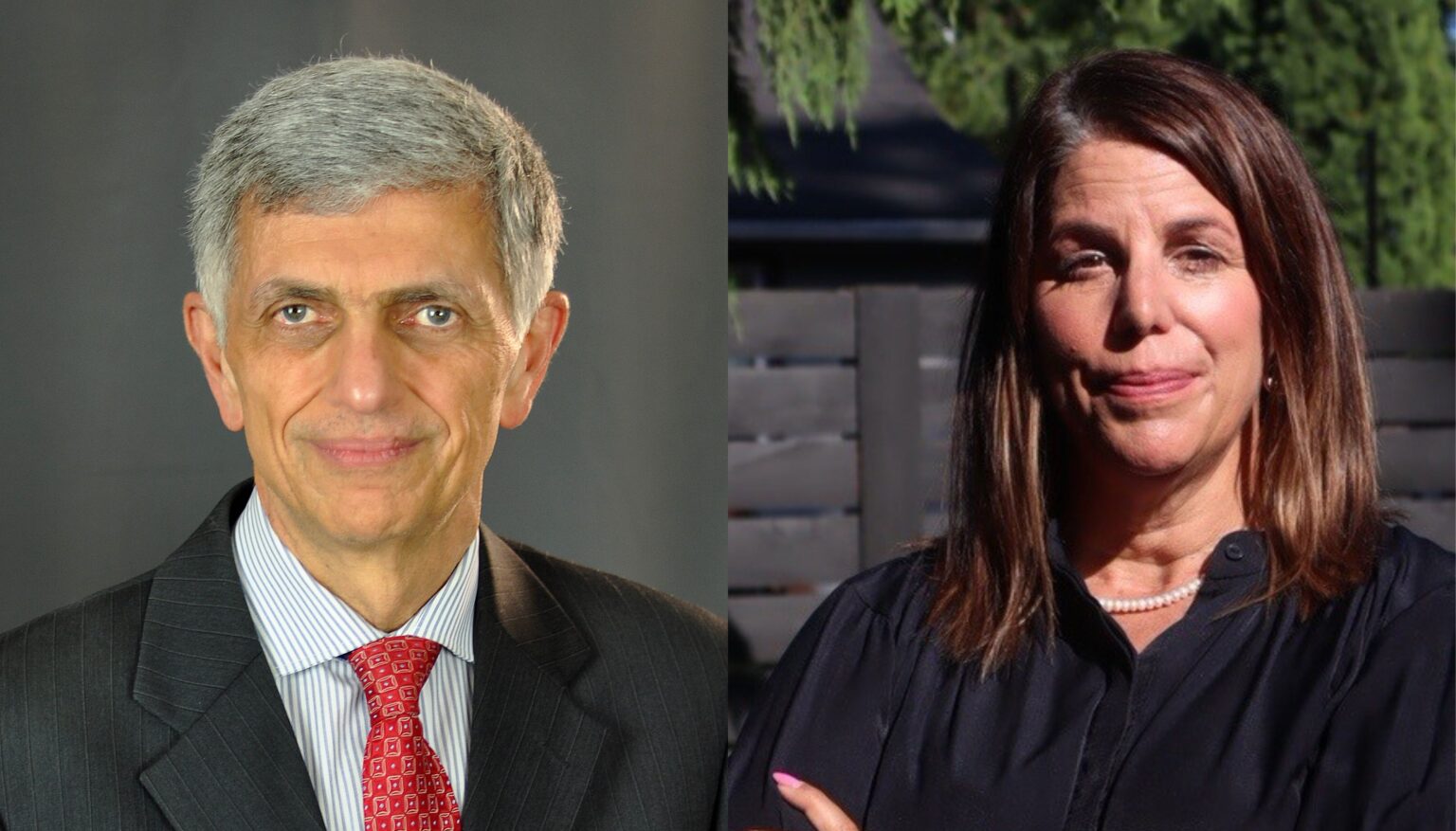Supreme Court hears arguments in public defense case
Published 8:44 am Wednesday, September 20, 2023

- The Oregon Supreme Court building is on State Street, adjacent to the Oregon State Capitol in Salem.
The Oregon Supreme Court has been thrust into a continuing dispute over the shortage of lawyers available to represent indigent people accused of crimes.
The dispute landed with six justices who heard arguments for an hour on Tuesday, Sept. 19. Five justices and Lynn Nakamoto, who retired at the end of 2021, sat in on the proceedings. Chief Justice Meagan Flynn did not participate, and new Justice Aruna Masih also was absent.
Trending
The court must decide whether Marion County Circuit Court can continue to appoint lawyers for people accused of crimes but cannot afford one themselves. Objections have been raised by Public Defenders of Marion County Inc., whose director says its 18 lawyers already have more clients and cases than they can handle without jeopardizing the quality of their representation.
Public Defenders of Marion County provides services under a contract with the state Office of Public Defense Services. The Marion County group seeks an order from the high court to block trial judges from making any new assignments.
Though the case is limited to Marion County, a decision by the Supreme Court could have implications for other counties — including Multnomah and Washington counties — where criminal defendants have been released because of a lack of legal representation.
Representation by a lawyer in most criminal cases is a right guaranteed by the Oregon and federal constitutions.
Despite an April 10 statement by Shannon Wilson, the Marion County director, that the 18 staff lawyers were doing work equivalent for 30 lawyers — and a preliminary ruling by the high court in June — Judge Thomas Hart appointed lawyer Tim Downin to a criminal defendant awaiting trial in Marion County Circuit Court. Hart did so as the circuit court had to show cause why its order was valid — or to rescind it.
Arguing for the Marion County defenders, Kristin Asai said the office had reached its “ethical capacity.”
Trending
Asai, a lawyer with the Portland firm of Holland & Knight, said “there should be no other inquiry” once the office had made that declaration “and they (judges) should accept that.”
“The trial court should not substitute its judgment for the public defender provider,” she said.
But Deputy Solicitor General Paul Smith, who represented the Marion County courts, said of the defenders’ position: “It offers this (Supreme) court no viable solutions,” other than to dismiss cases.
“It should not control judicial discretion,” he said. “That is exactly what the (trial) court did. It was pushing back against the statement that all of (Public Defenders of Marion County) attorneys were at ethical capacity.”
Smith said that “the authority to inquire (about the ethical capacity of lawyers) has to be part of that authority.”
Without such appointments, he added, criminal cases cannot proceed.
He said if the high court were to rule in favor of the Marion County defenders, it might jeopardize some of the changes that the 2023 Legislature made in the system, one of them being an infusion of millions from the state budget to shore up public defense.
The office of the solicitor general within the Oregon Department of Justice represents the state’s interests in state appellate court proceedings.
Also speaking was Joanna Perini-Abbott, director of the Lewis & Clark Advocacy Center and a law professor, who represented the state Office of Public Defense Services. The office filed written arguments in support of the Marion County defenders — and Perini-Abbott said the state office has the authority to set workload standards in its agreements with contractors such as the Marion County group.
“This is an extraordinary circumstance and it deserves an extraordinary remedy,” Asai said in closing. “We know there will be more unrepresented defendants. What this court needs to do is set a clear standard… The danger is not that this court will do too much, but too little.”
The justices do not have a formal deadline for a decision.




